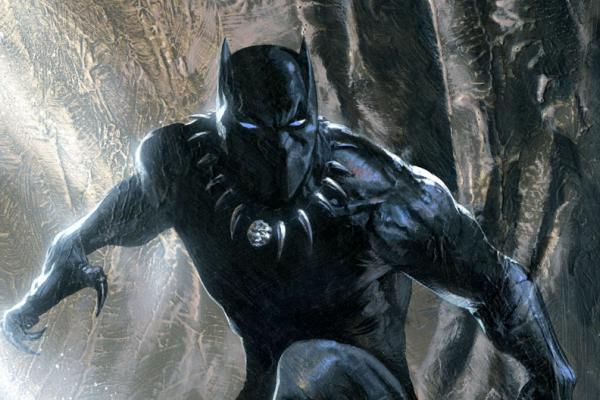Apr 7, 2016
The announcement that The Atlantic correspondent and Between the World and Me author Ta-Nehisi Coates was writing a Black Panther comic for Marvel felt like the kind of matchup that only happens in dreams. Created in 1966, Black Panther was comics’ first mainstream black superhero. Coates is not only a groundbreaking writer on issues of race in America, but also happens to be an avowed Marvel fan. Since last September, comics readers familiar with Coates’ work have been waiting for the finished product with bated breath.
The first installment of Coates’ run on Black Panther, titled A Nation Under Our Feet, hit comic stores this week, and it looks like we’re in for a suitably dramatic mix of politics, character, and plot.
Read the Full Article

Already a subscriber? Login
